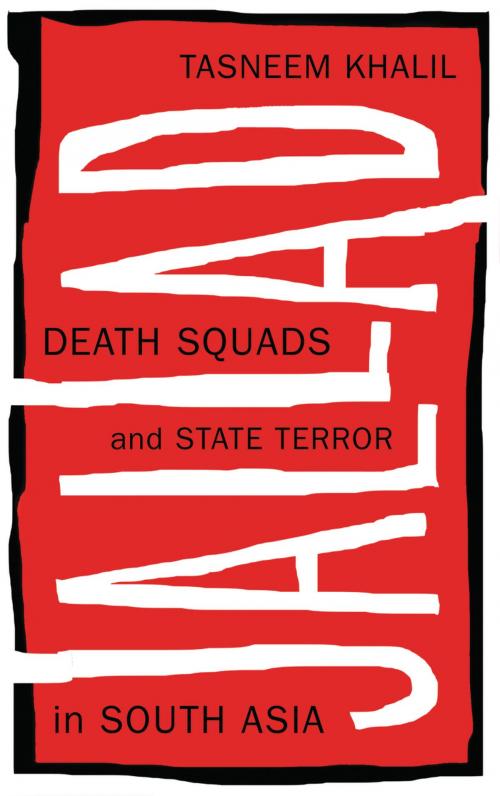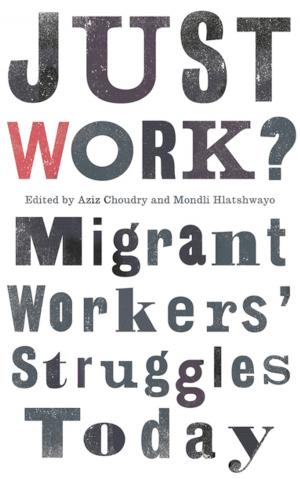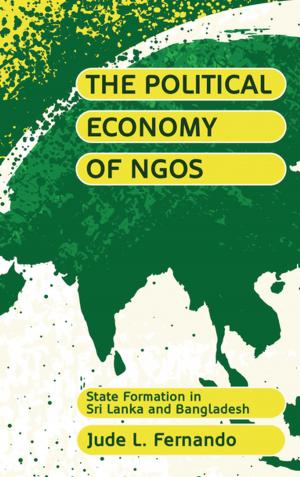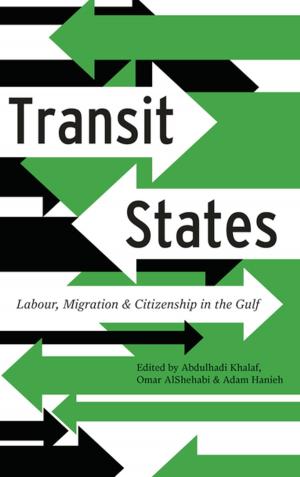Jallad
Death Squads and State Terror in South Asia
Nonfiction, Social & Cultural Studies, Political Science| Author: | Tasneem Khalil | ISBN: | 9781783716944 |
| Publisher: | Pluto Press | Publication: | December 20, 2015 |
| Imprint: | Pluto Press | Language: | English |
| Author: | Tasneem Khalil |
| ISBN: | 9781783716944 |
| Publisher: | Pluto Press |
| Publication: | December 20, 2015 |
| Imprint: | Pluto Press |
| Language: | English |
Extrajudicial execution, enforced disappearance and torture these are the tools used by death squads across South Asia. The Rapid Action Battalion of Bangladesh, the ‘encounter specialists’ of India, army units of Nepal, the Frontier Corps of Pakistan and ‘the men in white vans’ of Sri Lanka are specialists on violence deployed by the state in campaigns of state terror. They are shielded by black laws and emergency acts. Their targets are the political opponents of the state and socioeconomic troublemakers.
Khalil argues that Bangladesh, India, Nepal, Pakistan and Sri Lanka are national security states, connected to an international system of state terror patronised by sponsors like the United States, the United Kingdom, China and Israel. In this system, human rights abuses are perpetrated behind the closed doors of secret detention facilities while death squads roam the streets with impunity.
Jallad sets out to close a gap in the literature on human rights in South Asia, in which sociopolitical analysis of state terror is hard to come by. Khalil unveils the bloody logic of domination and repression that lies at the very core of statecraft in South Asia.
Extrajudicial execution, enforced disappearance and torture these are the tools used by death squads across South Asia. The Rapid Action Battalion of Bangladesh, the ‘encounter specialists’ of India, army units of Nepal, the Frontier Corps of Pakistan and ‘the men in white vans’ of Sri Lanka are specialists on violence deployed by the state in campaigns of state terror. They are shielded by black laws and emergency acts. Their targets are the political opponents of the state and socioeconomic troublemakers.
Khalil argues that Bangladesh, India, Nepal, Pakistan and Sri Lanka are national security states, connected to an international system of state terror patronised by sponsors like the United States, the United Kingdom, China and Israel. In this system, human rights abuses are perpetrated behind the closed doors of secret detention facilities while death squads roam the streets with impunity.
Jallad sets out to close a gap in the literature on human rights in South Asia, in which sociopolitical analysis of state terror is hard to come by. Khalil unveils the bloody logic of domination and repression that lies at the very core of statecraft in South Asia.















